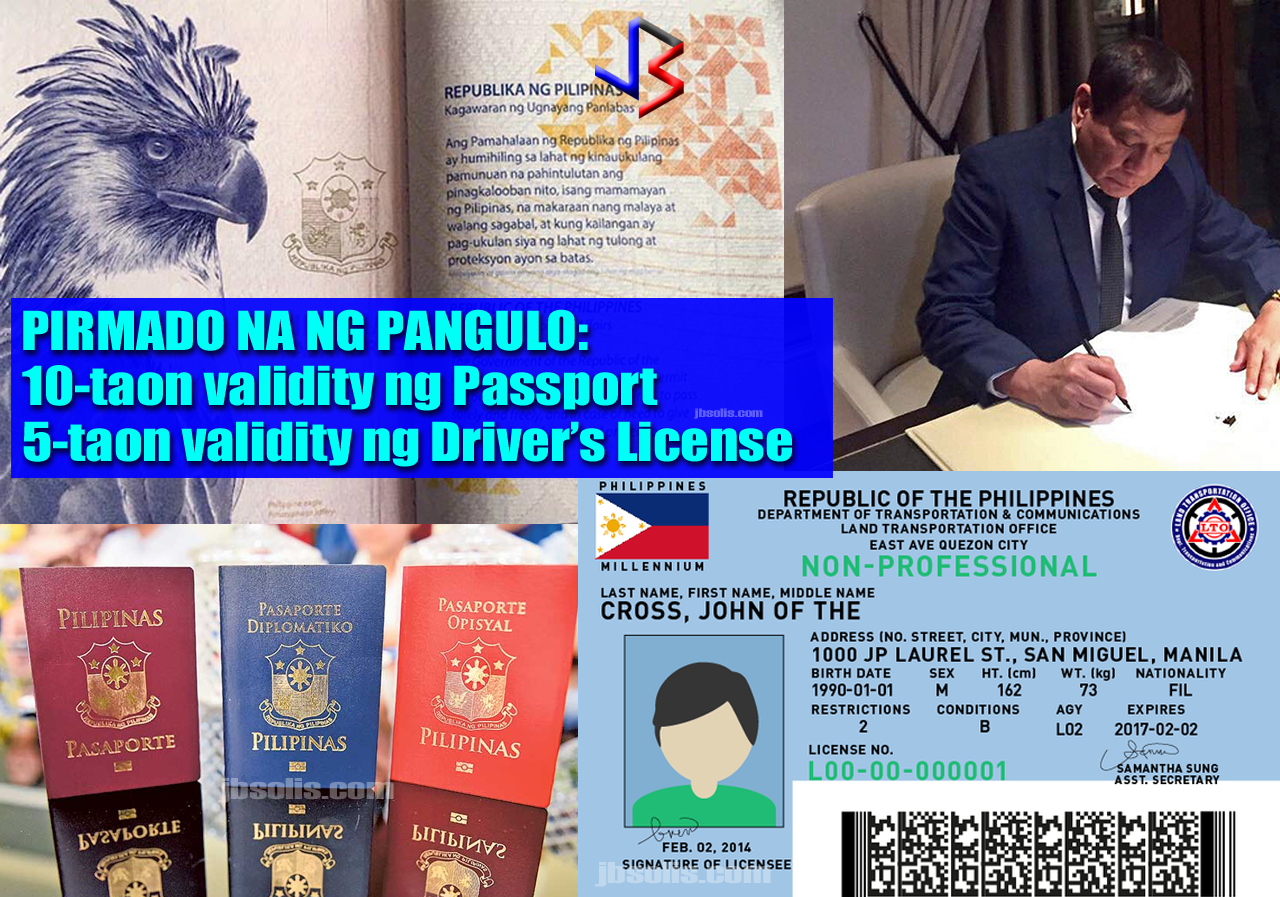Does a Traffic Ticket Affect Your Driver's License Validity?
Have you ever wondered what happens to your driver's license after receiving a traffic ticket? Does a simple speeding ticket jeopardize your driving privileges? The relationship between traffic violations and driver's license validity is a critical aspect of road safety and legal compliance. Understanding this connection can save you from potential headaches, including license suspension or revocation.
Traffic violations, from minor infractions like parking tickets to serious offenses like reckless driving, can have varying impacts on your driving record and, consequently, the validity of your driver's license. The specific consequences depend on the severity of the violation, the laws of your jurisdiction, and your driving history. It's crucial to familiarize yourself with these regulations to avoid unexpected repercussions.
The concept of linking driving privileges to lawful behavior dates back to the early days of automobile regulation. As vehicles became more common, the need for standardized rules and enforcement mechanisms arose. Licensing and penalties for traffic violations emerged as essential tools for promoting road safety and responsible driving. Maintaining a valid driver's license became synonymous with demonstrating an understanding and adherence to traffic laws.
The importance of a valid license goes beyond the simple ability to drive. It serves as proof of your qualification to operate a vehicle, your adherence to traffic regulations, and your commitment to responsible road use. It affects your insurance rates, employment opportunities, and even your ability to rent a car. Therefore, understanding how traffic violations can impact your license's validity is paramount.
One of the main issues related to driver's license validity and traffic violations is the lack of clear and readily accessible information for drivers. Understanding the specific repercussions of different violations can be challenging, as laws vary significantly between jurisdictions. This lack of clarity can lead to confusion and anxiety, particularly for drivers who are unsure about the potential consequences of their actions.
A driver's license is deemed valid when it meets all legal requirements and hasn't been suspended, revoked, or expired. An expired license is, by definition, invalid. A suspended license is temporarily invalid, meaning you're legally prohibited from driving for a specified period. Revocation is a more severe penalty, resulting in the complete cancellation of your driving privileges, requiring you to reapply for a license after a designated period.
For example, accumulating too many points on your license due to multiple traffic violations can lead to suspension. Driving under the influence (DUI) often results in immediate license suspension or revocation. Failure to appear in court for a traffic ticket can also lead to license suspension.
Advantages and Disadvantages of Stricter License Validity Enforcement Related to Traffic Violations
| Advantages | Disadvantages |
|---|---|
| Increased road safety through deterrence of reckless driving | Potential for disproportionate punishment for minor offenses |
| Improved driver accountability | Administrative burden on licensing authorities |
Best Practices for Maintaining License Validity:
1. Know the laws: Familiarize yourself with traffic laws in your area.
2. Drive responsibly: Observe speed limits, traffic signals, and other road rules.
3. Address tickets promptly: Pay fines or attend court hearings as required.
4. Check your driving record: Regularly review your driving record for accuracy and any outstanding issues.
5. Consider defensive driving courses: These courses can help improve your driving skills and, in some cases, reduce points on your license.
FAQs:
1. Does a parking ticket affect my license validity? Generally, parking tickets don't directly lead to license suspension unless they remain unpaid and escalate to warrants.
2. How can I check the status of my driver's license? Contact your local Department of Motor Vehicles (DMV) or equivalent licensing agency.
3. What happens if I drive with a suspended license? Driving with a suspended license is a serious offense, leading to further penalties, including fines, jail time, and extended suspension.
4. Can I appeal a license suspension? Yes, most jurisdictions allow appeals of license suspensions. Contact your local DMV or consult a legal professional.
5. How long does a license suspension last? The duration varies depending on the offense and local laws.
6. Will out-of-state traffic violations affect my license? In many cases, out-of-state violations will be reported to your home state and may impact your license.
7. What are the consequences of driving without a valid license? Driving without a license is a serious offense resulting in fines, potential vehicle impoundment, and even jail time.
8. How can I reinstate my suspended license? Follow the procedures outlined by your local DMV, which may involve paying fines, completing required courses, and fulfilling other conditions.
Tips and Tricks: Keep a copy of your driver's license and insurance information in your vehicle. If pulled over, remain calm and polite. Be aware of your driving record and address any outstanding issues promptly. Consider using a driving app that tracks your speed and provides alerts for potential violations.
In conclusion, understanding the connection between traffic violations and driver's license validity is essential for every driver. Maintaining a valid license is not just a legal requirement but a responsibility that ensures road safety and contributes to a more responsible driving environment. By familiarizing yourself with the traffic laws in your jurisdiction, driving responsibly, and promptly addressing any traffic tickets, you can protect your driving privileges and avoid potential negative consequences. Being informed about the potential impacts of traffic violations on your license validity empowers you to make responsible decisions behind the wheel and contribute to safer roads for everyone. Take the time to understand your local regulations, check your driving record periodically, and prioritize safe driving habits. It's an investment in your peace of mind and the well-being of your community.
Navigating medicare supplement plan b your essential guide
Jimmy johns founder past controversies resurface
Elevate your digital space the power of bing background images










